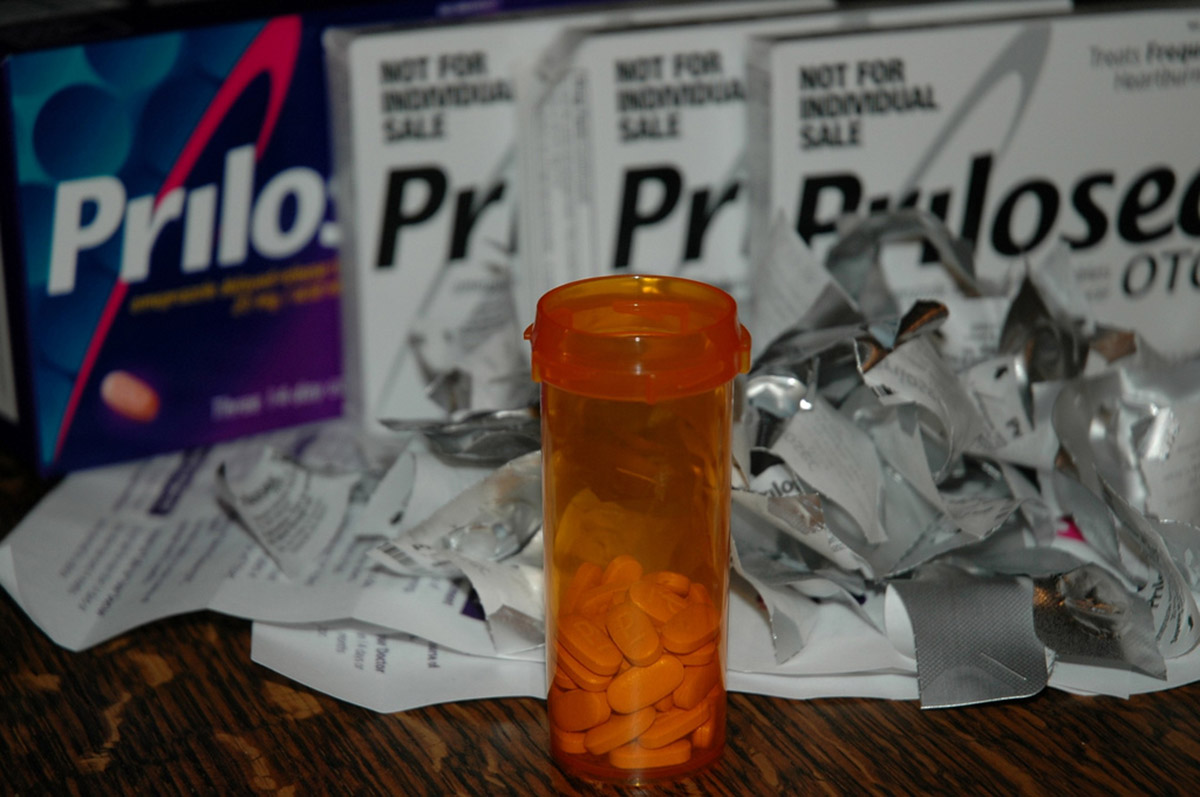Table of Contents
The link between the class of medications known as proton pump inhibitors and the risk of heart attack is so strong that many people should not take them, a new study says.
There is no single best treatment for acid reflux, but PPIs come close. Many people rely on proton pump inhibitors for acid reflux treatment, but if you are someone who should not use these medications because of heart risk, there are still a number of alternative acid reflux remedies, both medical and natural.
PPIs are the most effective form of heartburn treatment, but they are not the only drugs for the condition. The H2-receptor antagonists stop the release of stomach acid at a different point in the process. These medications shut down the ability of the lining of the stomach to respond to histamine (the same chemical that causes burning eyes and itching in allergies), so globe cells in the lining of the stomach never get the signal to release acid. They are not, as in the case with medications like Nexium, Prevacid, and Prilosec, "paralyzed." They just don't get a signal to release acid. Because the stomach can start generating acid again as soon as H2-receptor agonists wear off, they are not as effective in fighting heartburn, and their effects are more temporary.

These heart-safe alternative medications include:
- Axid (nizatidine),
- Pepcid (famotidine),
- Tagamet (cimetidine), and
- Zantac (ranitidine).
Many people who have both gastroesophageal reflux disease and heart disease already take these medications instead of the more dangerous acid blockers because they take Plavix (clopidogrel), the blood thinner, which is not compatible with PPIs. The problem with the H2 blockers is that the body builds up resistance to them, and they can cause tachyphylaxis, a sudden decrease in responsiveness to the medication. Essentially, they will work for a few months or a few years, and then suddenly they will have no effect at all.
A more "natural" approach to heartburn is deglycyrrhizinated licorice, also known as DGL. Certain compounds in the licorice root soothe stomach irritation. However, the whole herb contains glycyrrhizin, which can be dangerous for people who already have high blood pressure or kidney disease. It can cause excessive accumulation of potassium. Deglycyrrhizinated licorice removes the potentially heart-threatening component of the herb and simply relieves acidity. It is most effective in cases of Helicobacter pylori infection and associated peptic and duodenal ulcers.
It also helps not to put pressure on the stomach that drives acid upward. Losing weight reduces the symptoms of GERD. Avoiding tight-fitting shirts, blouses, and belts reduces stomach acid, and so does eating smaller meals. The less one eats, the more quickly it passes through the stomach, and the less time there is for stomach acid to come up. Gastric motility, the speed at which food passes through the stomach, can also be increased with drugs like Reglan (metoclopramide) or digestive enzymes such as bromelain and papain. Sometimes over the counter, natural enzyme preparations can make a big difference in acid reflux.
Oddly enough, there are occasions that increasing the production of stomach acid reduces the uprising of stomach acid. In many parts of Europe, it is customary to drink a bitter apertif, such as gentian, or to eat a small salad of bitter herbs, such as endive and/or radicchio, before eating fatty meat. Fat ordinarily stays longer in the stomach, but the bitter taste activates a reflex that releases stomach acid and accelerates the passage of the digested fat and protein out of the stomach. Increasing acid sometimes reduces the amount of acid coming back into the throat.
READ Raising GERD Awareness: Be Aware of Heartburn
Managing GERD and related conditions is harder without PPIs, but it is not impossible. If you have any risk for heart disease, ask your doctor about the most appropriate medication and lifestyle changes for your symptoms.
- Shah NH, LePendu P, Bauer-Mehren A, Ghebremariam YT, Iyer SV, Marcus J, Nead KT, Cooke JP, Leeper NJ. Proton Pump Inhibitor Usage and the Risk of Myocardial Infarction in the General Population. PLoS One. 2015 Jun 10.10(6):e0124653. doi: 10.1371/journal.pone.0124653. eCollection 2015. PMID: 26061035.
- Photo courtesy of Treasure Tia via Flickr: www.flickr.com/photos/treasureice/16459056781
- Photo courtesy of Treasure Tia via Flickr: www.flickr.com/photos/treasureice/16459056781
- Photo courtesy of cygnus921 via Flickr: www.flickr.com/photos/cygnus921/2319274195

